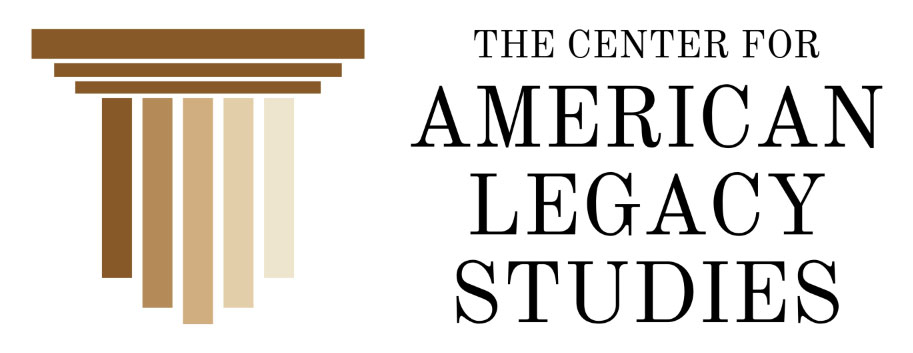
In ancient Greece and Rome, the population experienced a natural segregation into to distinct classes: the slave class and a group now called liber.
 Liber is the Latin word for the inner layers of tree bark, and since this paper-like substance was used to record histories, engage in contract, participate in the workings of law, etc. we associate the word liber with those who had this skill set.
Liber is the Latin word for the inner layers of tree bark, and since this paper-like substance was used to record histories, engage in contract, participate in the workings of law, etc. we associate the word liber with those who had this skill set.
Liber is the root word for libro (book). It is also the root word for liberty, library, and the phrase liberal arts.
The ancients believed that there was a connection between liberty or freedom and knowledge. The freedom referred to by the Greek and Rome civilization was that of political freedom.
A free man was one who possessed a high level of literacy—including reading, writing, and speaking. A free man was one who could own property and protect it. A free man was one who could defend himself in the courts, could hold his own in the legislature, and who was prepared and ready to militarily defend his city or state.
The importance of the liberal arts to Western culture is evidenced in the fact that we still talk about them today, although most people know little of their history or origins. The liberal arts consist of 7 arts in 2 categories, required by the free citizen to maintain their liberty:
Trivium: language, oratory, and logic
Quadrivium: arithmetic, geometry, astronomy, and music
 For the person of leisure (the Greek definition of leisure is to study and reflect. It was considered the highest expression of humanity or human development), there is a natural flow from the liberal arts to the humanities or what are sometimes called the social sciences. The concept of the humanities was developed during the Renaissance as more of an intellectual approach to education whereas the liberal arts were more application oriented and pertain to the concept of protecting one’s citizenship. A full list of the humanities might look like this:
For the person of leisure (the Greek definition of leisure is to study and reflect. It was considered the highest expression of humanity or human development), there is a natural flow from the liberal arts to the humanities or what are sometimes called the social sciences. The concept of the humanities was developed during the Renaissance as more of an intellectual approach to education whereas the liberal arts were more application oriented and pertain to the concept of protecting one’s citizenship. A full list of the humanities might look like this:
- Anthropology
- Classics
- History
- Geography
- Languages
- Law
- Politics
- Literature
- Performing Arts
- Philosophy
- Religion
- Visual Arts
The basic concept used at Monticello College is that the liberal arts lead to the humanities or a deeper understanding of what it means to be human.
The Monticello College definition of the liber education thus far consists of the liberal arts and the humanities.
 But we also believe that the addition of the manual arts is of immense value to human develop and the making of leaders so we include the following to our definition of liber education:
But we also believe that the addition of the manual arts is of immense value to human develop and the making of leaders so we include the following to our definition of liber education:
- Use of garden hand tools
- Raising and planting seedlings
- Greenhousing and Aquaponics
- Weeding and watering crops and gardens
- HorticultureArboriculture/orchard management
- Harvesting, food storage and management
- Feeding, caring for, and reproduction of farm animals
- Butchering livestock
- Technology: basic electronics to writing code to the latest in social media
- Vermiculture
- Apiculture (bee keeping)
- Firearm safety and use
- Culinary Arts (ex.: stone hearth bread making)
 Soil preparation and maintenance
Soil preparation and maintenance- Edifice construction: standard and alternative
- Energy production: solar, wind, and other passive means
- Customer service and restaurant skills
Last and certainly the most important is the belief in Divinity or a Supreme Being. We do not promote any particular religion or denomination, but we strongly encourage a reverence for nature and a power above man.
While the term liber originally referred to the liberal arts almost exclusively, we have taken the liberty to expand its meaning for the development of leaders in the 21st century. A liber education is designed to include all of the greatness of the past and all of the wonder of the future so that our graduates are prepared to be free leaders who are financially secure, intellectually prepared, emotionally open and empathetic, spiritually strong, and mission oriented.
